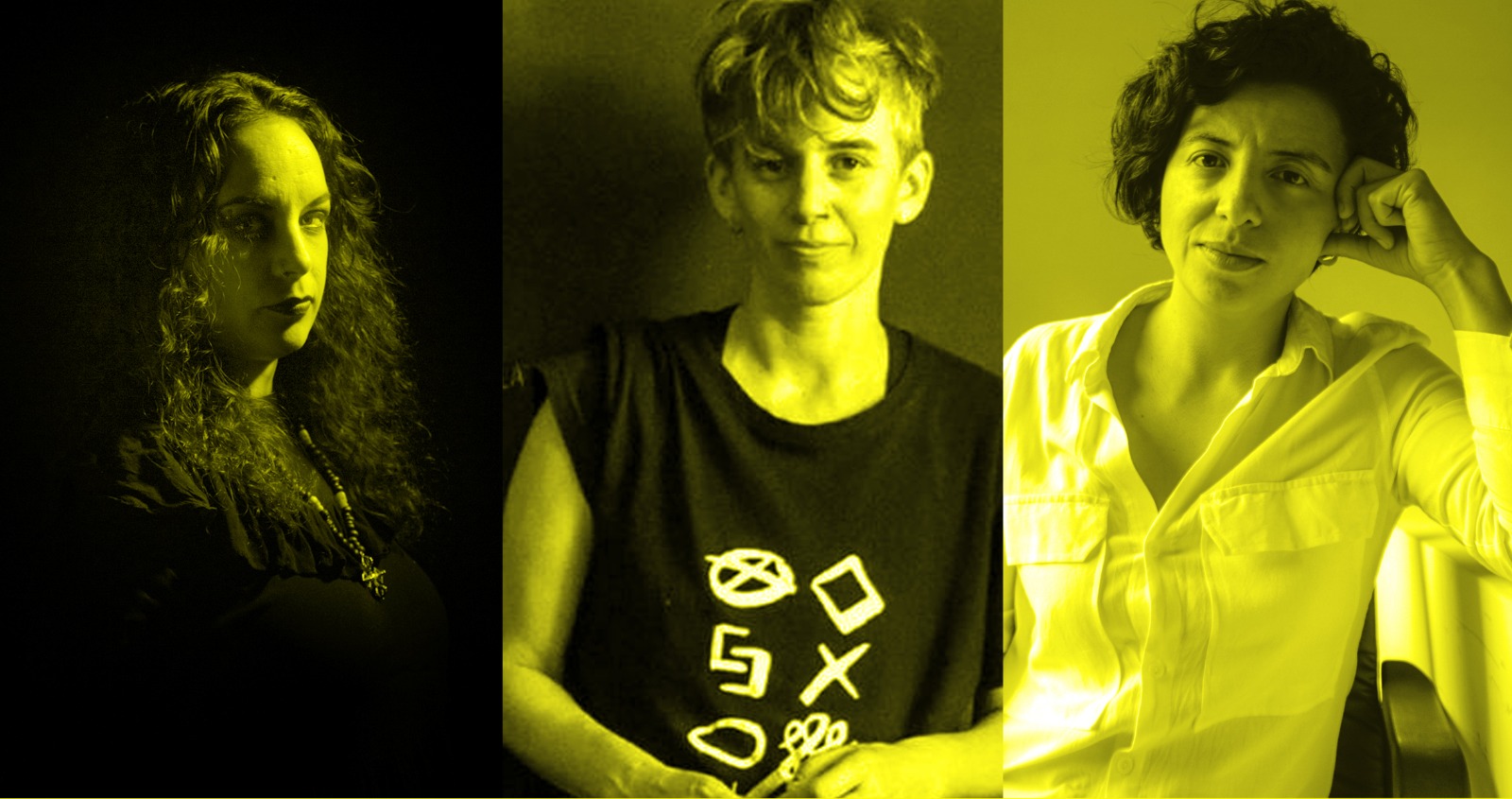[ESP]
︎PIPA!
Research and production residency that seeks to develop a collective work process to generate a common work among various art agents. One of the objectives of establishing this articulation is to dismantle the hierarchical, atomized and competitive relationship that exists between the agents linked to the field of contemporary art. As a collective work, we want to promote a reading that puts in tension the idea of the global south from different concepts that cross it, through aesthetic/political discourses, intersubjectively connecting the experience and knowledge of the participants. This includes a process permanently open to other artistic agents to activate its development and result, as well as the dialogue and sharing of the emerging processes.
︎PIPA!
OTRO(S)URES
[Other(s)ouths]
Research and production residency that seeks to develop a collective work process to generate a common work among various art agents. One of the objectives of establishing this articulation is to dismantle the hierarchical, atomized and competitive relationship that exists between the agents linked to the field of contemporary art. As a collective work, we want to promote a reading that puts in tension the idea of the global south from different concepts that cross it, through aesthetic/political discourses, intersubjectively connecting the experience and knowledge of the participants. This includes a process permanently open to other artistic agents to activate its development and result, as well as the dialogue and sharing of the emerging processes.
︎︎︎ADIÓS ESPAÑA. ACCIÓN Y RESPUESTA.
[GOODBYE SPAIN. ACTION AND RESPONSE]
September 24 to November 4, 2023
Within the framework of our curatorship 2022 - 2023 ‘The Weed Club’, we question the forms of classification established by Western history that colonise thought. From this perspective, we ask ourselves how the positive or negative relationship associated with the idea of violence is structured, in order to overflow its meaning. Each of the invited artists, Nicolás Cox (CL)* and Levi Orta (CUB)*, will work according to the research they are developing. The aim is to cross both proposals to configure a project whose individual processes are permanently put in common, thus negotiating a final result that allows them to dialogue visually and conceptually.
![]()
![]()
︎︎︎ NEITHER ACCENT NOR SKIN IS A BORDER
September 24 to November 4, 2023


15 november to 15 december 2021
For this first edition, held between 15 November and 15 December 2021, we invited the artist and transdisciplinary researcher Guillermina Mongan (ARG), the international curator Carolina Chacón (COL) and the visual artist Glenda Zapata (BOL). We also had the collaboration of the independent organisation FelipaManuela, a space for research residencies where two of the guests stayed and where we also held some meetings with local agents.
